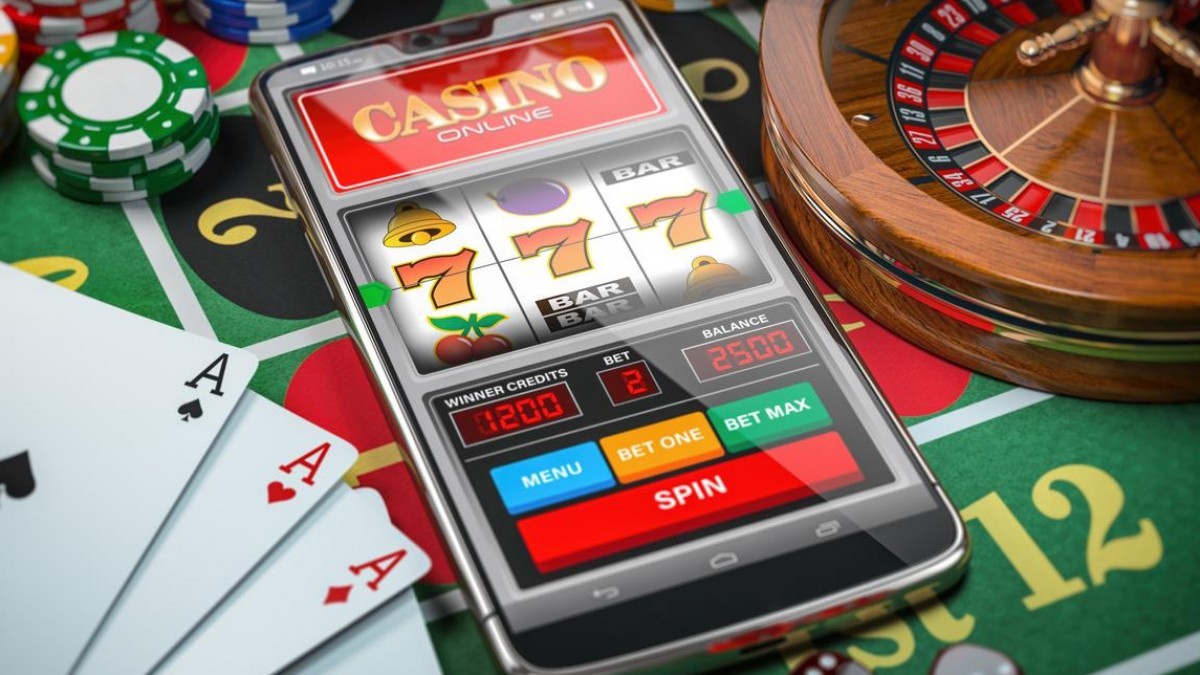In recent years, the landscape of entertainment has undergone a seismic shift, driven largely by the rise of online casino games. Once confined to the glitzy, high-stakes world of brick-and-mortar casinos, gambling has now become a digital phenomenon, accessible to anyone with an internet connection. This article delves into the evolution of online gacorbos88 daftar games, their impact on the gambling industry, and what the future holds for this digital entertainment juggernaut.
The Genesis of Online Casino Games
The journey of online casino games began in the mid-1990s, a period marked by the nascent stages of the internet. The first online casinos emerged in 1996, providing a novel way for gamblers to experience the thrill of gambling from the comfort of their own homes. The early platforms were basic, offering a limited selection of games with rudimentary graphics and simple mechanics. However, they laid the groundwork for what would become a multi-billion-dollar industry.
Technological Advancements and Game Diversity
As technology advanced, so too did the sophistication of online casino games. The early 2000s saw a surge in innovation, driven by improvements in internet speeds and graphical capabilities. Flash and Java-based games gave way to more dynamic and immersive experiences, with the advent of HTML5 allowing for seamless gameplay across devices. The range of games expanded dramatically, from classic table games like blackjack and roulette to a plethora of video slots with elaborate themes and engaging mechanics.
Today, online casinos offer an impressive array of games that cater to a diverse audience. Players can enjoy everything from traditional casino staples to modern variations with interactive features, live dealer options, and gamified elements. The integration of virtual reality (VR) and augmented reality (AR) technologies is further pushing the boundaries of what is possible, creating more immersive and interactive gaming experiences.
The Impact on the Gambling Industry
The rise of online casino games has had a profound impact on the gambling industry. For one, it has democratized access to gambling, allowing people from various geographical locations and socioeconomic backgrounds to participate. This shift has led to an explosion in the number of players and a corresponding increase in revenue for the industry.
Furthermore, online casinos have introduced innovative features such as bonuses, promotions, and loyalty programs that were less common in traditional casinos. These incentives not only attract new players but also encourage loyalty and engagement among existing ones. The use of data analytics and personalized marketing strategies has allowed online casinos to tailor their offerings and enhance the overall player experience.
However, the growth of online casinos has also raised concerns regarding responsible gambling. The ease of access and the potential for anonymity can lead to problematic gambling behaviors. In response, many online casinos have implemented measures to promote responsible gaming, such as self-exclusion options, deposit limits, and educational resources.
The Future of Online Casino Games
Looking ahead, the future of online casino games appears both exciting and uncertain. Technological advancements will continue to drive innovation, with AI and machine learning expected to play increasingly significant roles. These technologies could enhance game design, improve customer service, and provide more personalized experiences.
The integration of blockchain technology and cryptocurrencies is also likely to shape the future of online gambling. Blockchain can offer increased transparency and security, while cryptocurrencies provide alternative payment methods and potential anonymity for players.
Additionally, as online gambling becomes more mainstream, regulatory frameworks will likely evolve to address emerging challenges and ensure fair play. This will be crucial in maintaining trust and integrity within the industry.
